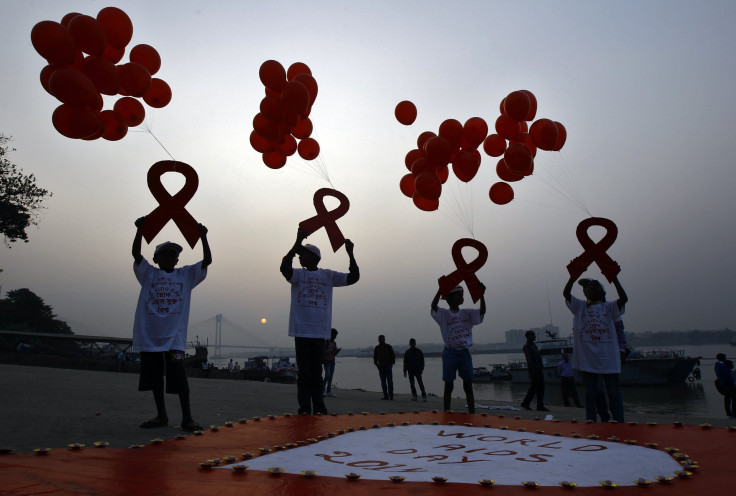HIV/AIDS can bring life to a halt. At present, 37.9 million people across the world are diagnosed with HIV, out of which an approximate of 20 million have access to treatment. With millions in the dire need of a life-saving drug, there could finally be some hope in that direction—albeit a long drawn process.
Researchers in Maryland have conjured up a new 1000 pages long plan, titled an international new drug application, which outlines the possibility of a cure for those suffering from the deadly health condition. As per a popular report, the American Gene Technologies (AGT) presented their study for Phase I retail of its autologous cell therapy for HIV. The therapy entails an individual’s cells – cultured and expanded outside the system–only to be reintroduced back into the donor.
While the study is still at a very nascent stage, what needs to be highlighted is the unique technique that sheds light on strengthening the immunity to the virus and in turn, protecting the cells to stymie HIV. The study has been presented to the Food and Drug Administration – the federal body that deals and focusses on public health. Whether the plan will come to fruition will only be seen by January.
Simply put, the researchers at AGT are focussed on trying to retard the possibility of the AIDS virus from progressing. This process would, in turn, build immunity from HIV encounters. If the experiment meets with success, the patient’s immunity will counter the disease just like anybody else’s.
“We want to get these people out of jail and back to normal life,” said AGT CEO Jeff Galvin. “We see this as critically important. We need to move these people from anti-retroviral control to permanent immunity and we think our project may be able to do that,” he added.
The plan, which hopes to be effective, economical and scalable is a long drawn process. And, even if the entire plan comes through, it would not reach the market for about another seven years. “Although any advance in the quest for an HIV cure is to be welcomed, I would urge people not to get overly excited by this project at this stage,” said UK-based activist Matthew Hodson. “This research is still seeking approval for a Phase One trial so it is very early days,” he added.

© 2025 Latin Times. All rights reserved. Do not reproduce without permission.




